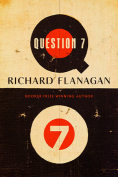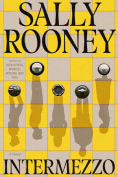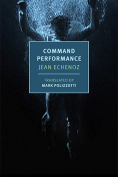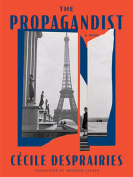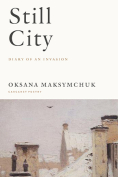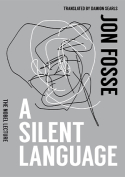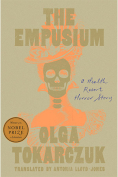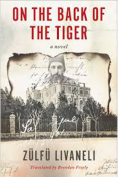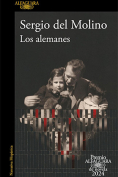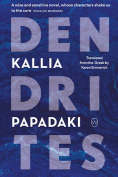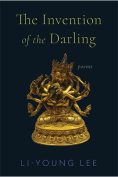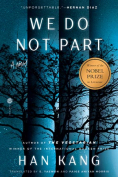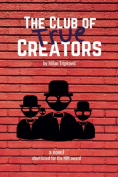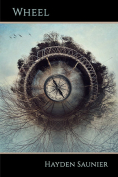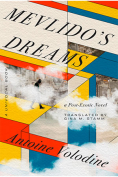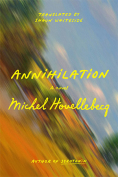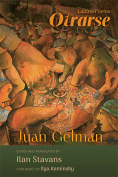The Emperor by Makenzy Orcel
 London. Seagull Books. 2024. 160 pages.
London. Seagull Books. 2024. 160 pages.
This extraordinary novel by fêted Haitian novelist and poet Makenzy Orcel is the second of his works to be translated into English by Haitian studies scholar Nathan H. Dize. The Emperor’s appeal lies not only in Orcel’s poetic, luminous style but in its compelling, crime-inflected plot: the whole work is an intoxicating admixture of noirish intrigue and philosophical inquiry.
The novel begins in the “lakou,” in rural Haiti, with the mysterious figure of the Emperor-Shepherd, a vodou priest holding sway over his flock of “sheep.” The titular emperor is a fraud, an abuser of people’s trust, but his power to hurt them—as the narrator, who came to the lakou as a child after being abandoned by his parents, knows all too well—is real. The physical and psychological abuse he has suffered at this tyrant’s hands—forced, from a young age, to act as drummer in his sham rituals and serving as his sexual plaything—has left him indelibly scarred. “The sacred justifies the best and the worst of human behaviour—it just so happens that my experience was forged by the latter,” says the narrator, with an observational intelligence that is present throughout the story. The scenes from the lakou are flashbacks to the narrator’s childhood, but the first chapter opens grippingly in the present day. The narrator is waiting for the police—“hordes of officers . . . armed to the teeth”—to arrive, leading us to presume he has committed an atrocity. Establishing the crime fiction frame, it is also here that the innermost workings of the narrator’s mind are revealed, as we encounter for the first time the “sorcerous voice inside myself that I call ‘the Other Within.’”
The Other Within, formed out of the dark material of his formative years in the lakou, accompanies him throughout the peripeteia-filled journey the novel describes. He escapes the emperor’s clutches and heads to Port-au-Prince, a city he describes as “an open wound.” Here he finds an unrewarding, dangerous job as deliveryman for a newspaper, whose publisher is a cruel, tyrannical avatar of the emperor. His existence is now brightened only by conversation with his “Enlightened Colleague,” who provides the story with occasional moments of humor, and memories of a “unique encounter” he has with a beautiful woman on the bus journey from the lakou to the city. Once in Port-au-Prince, a story develops between the narrator and this mysterious beauty, which takes strange turns, culminating in her disappearance and the act of self-sabotaging violence that will lead him, he suspects, to “a very long stint in the national penitentiary.”
Orcel’s talent in this novel is that of creating an intense psychic space, drafted from the strangeness of reality in the lakou and overlaid with the narrator’s own imaginings, allowing for some hallucinatory passages of description. The novel’s central consciousness houses a startling number of contradictory aspects: he is both victim and aggressor, ultraviolent and empathetic, practical and philosophical, lucid and delusional. His register can be crass and comical, and then academic and arch, giving every paragraph a frisson of the unexpected.
Ultimately, what underpins the novel is a profound concern with the human predilection for power and the mechanisms deployed to abuse it, in the most outlandish of settings and the most banal—from the conjurations of an extravagant vodou ceremony in a remote lakou to the hierarchical conformities of an urban office. The emperor’s vodou may be charlatanism, but the idea of sorcery never recedes in the text and is never far from the surface in a novel whose every sentence has its own bewitching power.
M. S. Adamska
Paris
